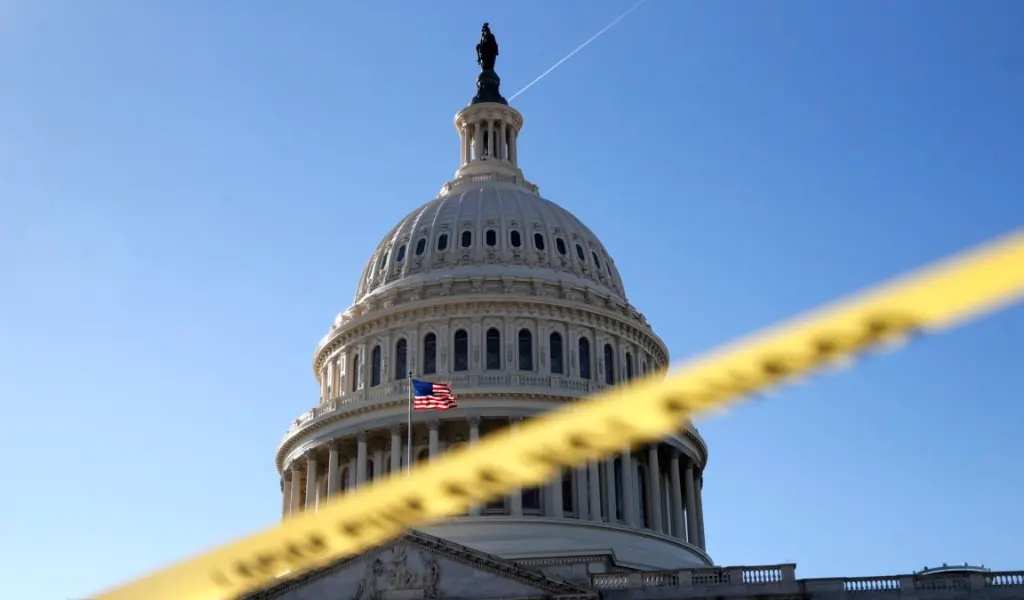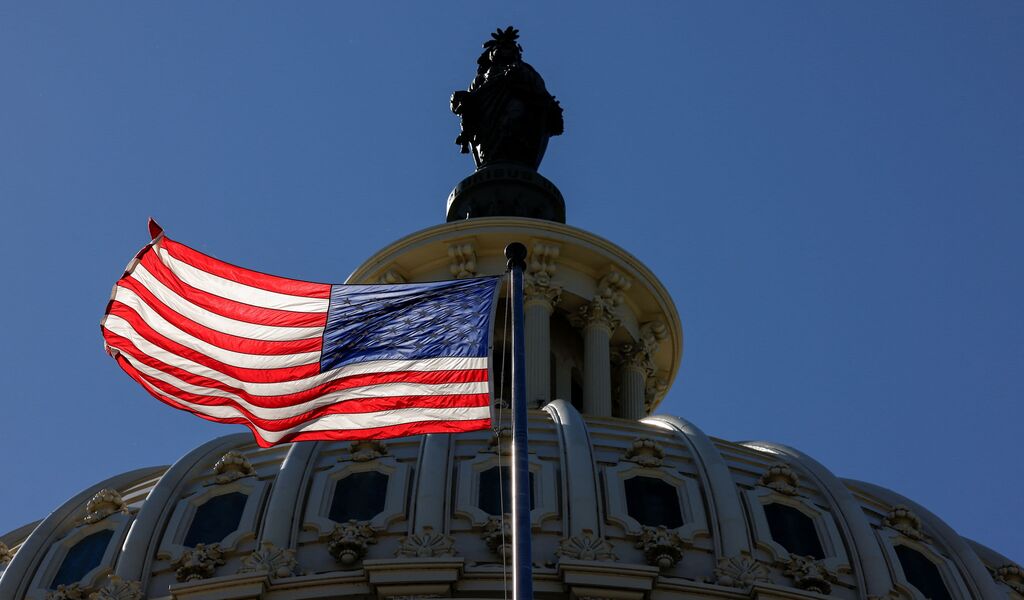News
Oct. 1 Deadline: Strategies To Prevent Federal Government Shutdowns

(CTN NEWS) – The U.S. Congress is under pressure to meet a critical deadline by midnight on September 30th.
If they fail to pass a temporary funding bill by then, it could lead to partial federal government shutdowns starting on October 1st, which marks the beginning of the new fiscal year.
Strategies to Avoid Federal Government Shutdowns
Here are a few potential strategies Congress could employ to avoid federal government shutdowns:
- Traditional Approach: House of Representatives Speaker Kevin McCarthy could endeavor to craft a one-month funding deal that garners support from fellow Republicans. If successful, this deal would be adopted in the Republican-controlled House, the customary source of appropriations bills. Subsequently, the stopgap measure would be forwarded to the Democratic-led Senate. It is anticipated that it would arrive with a robust border-control provision attached, a point of contention among Democrats. President Joe Biden, on the other hand, advocates for his own temporary border security plan. Consequently, upon reaching the Senate, Majority Leader Chuck Schumer is inclined to replace the House’s border security language with President Biden’s proposal. Following the Senate’s approval of the temporary spending bill, the House could choose to vote on accepting the Senate’s revisions, potentially just hours or minutes before the midnight deadline on September 30th. Alternatively, the House could reject the proposal, triggering a shutdown.
- Senate Takes Initiative: In the event that the House appears incapable of crafting any form of government-funding bill by September 30th, the Senate might take matters into its own hands. In this scenario, Schumer would utilize the “shell” of an already-passed House bill, stripping it of its existing content and substituting it with a new temporary funding bill, known as a continuing resolution (CR). This approach circumvents the constitutional requirement that revenue-related bills must originate in the House. The Senate, in this scenario, would likely act close to – but not too close – the midnight September 30th deadline to pass the CR and forward it to the House with minimal time to spare. This strategy is commonly referred to as “jamming” the other chamber.
- McCarthy’s Risky Move: Faced with challenges in rallying enough far-right conservative Republicans, McCarthy might take a substantial political gamble by introducing a bill on the House floor that necessitates Democratic votes for passage. This could provoke displeasure among some House Republicans and potentially incite efforts to remove him from the speakership, potentially deepening the congressional crisis.
- \Coalition of Moderates: Various moderate-to-centrist lawmakers have been engaging in private discussions to explore potential solutions to break the House deadlock. For instance, the “Problem Solvers Caucus” has been considering a framework that extends current government funding into 2024, coupled with provisions for disaster aid, aid to Ukraine, and some form of border security measure, according to a House member familiar with the caucus’s deliberations.
- The Long-Shot: House members have the option to circulate a “discharge petition” to remove legislation from a committee’s jurisdiction and bring it to the full House for a prompt vote. However, this process involves intricate and often time-consuming procedural hurdles, and the majority party in the House – presently the Republicans – is typically reluctant to defy their leadership by aligning with the minority party in a revolt.
In summary, the U.S. Congress is facing a critical deadline of midnight on September 30th to pass a temporary funding bill, as failure to do so could trigger partial federal government shutdowns beginning on October 1st, coinciding with the start of the new fiscal year.
As the deadline looms, Congress faces the challenging task of navigating these strategies to ensure the government remains funded and operational.
The outcome will impact various aspects of government functioning and policy priorities, making it a critical moment in the legislative process.
RELATED CTN NEWS:
Bilan: Empowering Voices – Somalia’s Pioneering All-Women Media Outlet Expands Coverage
Asian Development Bank (ADB) Revises Down 2023 Economic Growth Forecast For Developing Asia
Canada Rejects Indian Travel Advisory Amid Escalating Tensions, Asserts Safety




























